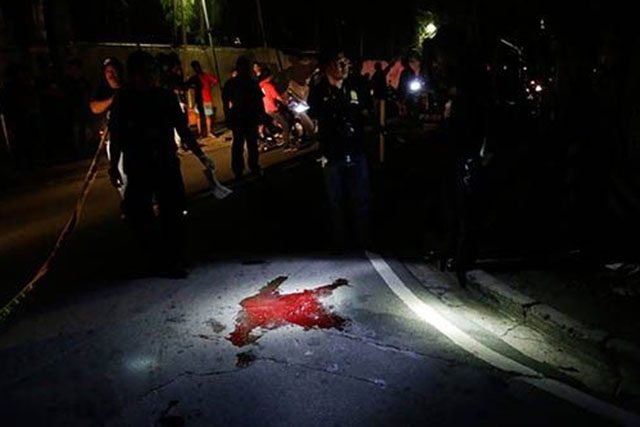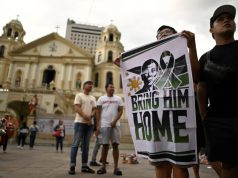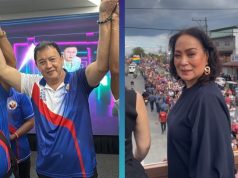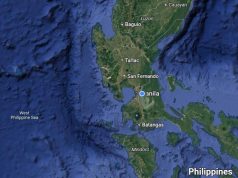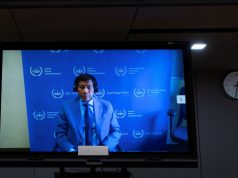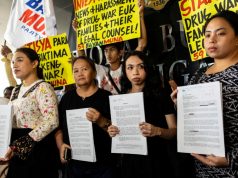MANILA — Impunity and unlawful killings continue unabated three years into the Philippines‘ war on drugs, with a pattern of executions under the guise of police sting operations and a state unwilling to investigate them, a report said on Monday.
The London-based Amnesty International in its report “They Just Kill” urged the United Nations Human Rights Council to approve a resolution calling for an investigation into the Philippines, where there was now a “perilous normalization” of illegal executions and police abuses.
A vote on the resolution by the 47-member council is expected later this week.
The exact number of dead in President Rodrigo Duterte’s infamous war on drugs is impossible to independently verify, but many thousands have been killed, more than 6,000 of those during operations in which police said suspects were armed and had fought back.
The government has repeatedly rejected allegations that police have executed drug users and dealers and say victims’ families can file legal cases against police.
Amnesty said the authorities used “deliberate obfuscation and misinformation” to make it impossible to monitor the full extent of killings, which overwhelmingly targeted poor and marginalized communities lacking the means or support to mount legal challenges against police.
Amnesty’s report compiled in April focused on Bulacan province, the new epicenter of the crackdown, examining 27 killings there during 20 incidents, 18 of which were official police operations.
In three-quarters of incidents, those killed were on “watch lists” of people in communities with suspected use or involvement in drugs, Amnesty found.
It viewed those lists as unreliable and illegitimate “seeming to guide decisions about whom the police are targeting for arrest, or in some cases, to kill.”
Based on witnesses and other information, it concluded half were extrajudicial killings. It said the other incidents pointed broadly to previous patterns of executions, but it could not obtain sufficient evidence and information to be certain.
The police narrative that undercover officers posing as drug buyers had killed only in self-defense “doesn’t meet the feeblest standards of credibility,” Amnesty concluded.
Duterte’s spokesman Salvador Panelo was not immediately aware of the report when contacted on Monday and gave no initial comment.
He last week said police conduct was lawful and described the call for a U.N. probe as interference by foreign governments “misled by false news and untruthful narratives.”
“Violent encounters during police operations are not extraordinary,” he said. “Illegal drugs alter the psychological makeup of those pushers and users, hence the violent resistance.”
— Reporting by Martin Petty; Editing by Michael Perry

